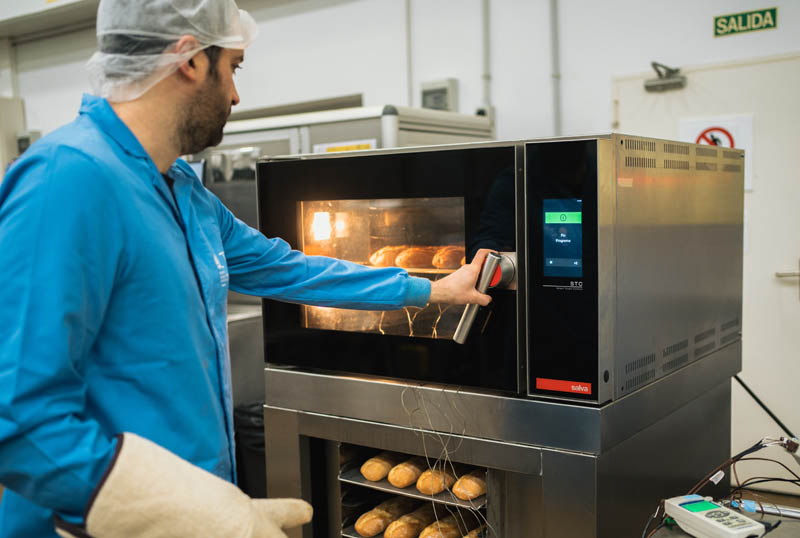Fisheries ecosystem services: another way on how to represent their value
Últimas noticias
AZTI Researcher Ángel Borja Receives Prestigious Odum Award for International Scientific Career
Una mirada LGTBIQ+ al reino animal
Circular Economy in Action: Valorisation of By-products through Projects like PRIMA NEWFEED
MARINA SANTURTUN, Sustainable Fisheries and Oceans Market Director, and ARANTZA MURILLAS, Researcher on Sustainable Fisheries Management
Historically, the marine ecosystem has been exploited to meet humanity’s essential needs such as food, fuel and shelter. Over time, this exploitation has gone beyond basic needs to include other needs related to human well-being.
Índice de contenidos
Fisheries ecosystem services
The benefits that people receive from ecosystem services are many: social well-being (food, education, health, recreation), economic well-being (income generation) and even personal well-being. These benefits come from a wide range of ecosystem services such as provision (food, freshwater, energy, etc.) or regulation (nutrient transport, water purification, carbon sequestration related to climate change). But there are also culturally related ecosystem services, in tangible or intangible form.
These services include such aspects as cultural identity, oral expressions and traditions, celebrations, rituals and social practices, traditions, heritage values (legacies in landscape from past cultures), spiritual services (sacred, religious or other inspirations, etc.), self-inspiration and aesthetics. But how to measure them?
How to evaluate the ecosystem services of fisheries
AZTI is leading the European INTERREG CABFishMAN project, funded by the European Union, and other projects financed through the Next Generation funds of the Sustainable Fisheries Directorate (Ministry of Agriculture and Fisheries) and the Fisheries and Aquaculture Directorate of the Basque Government. This set of studies aims to arrive at a monetary assessment of the benefits directly and indirectly associated with the Spanish fisheries sector, including the benefits related to the cultural services offered by the different fleets.
We already know that the cultural heritage of the Atlantic artisanal fishing sector, which includes the fishing activity itself, the boat and fishing gear making, or the production of salted and canned fish, among others, is particularly relevant in Spain. Among the elements of intangible cultural heritage, 20% are those knowledge and practices related to nature, as well as the traditional knowledge of fishermen acquired generation after generation. Elements such as social practices, rituals and festive events (15%), tradition and oral expression (7%) and gastronomy (13%) are the next most important.
These types of cultural heritage contribute to the well-being and identity of coastal communities, and their preservation is essential. Thus, the value of fishing in Spain in relation to other countries of the Atlantic arc is stronger, as there is a deeper cultural rootedness in relation to knowledge and practices related to nature and traditional crafts, gastronomy and festive events.
Implementing the ecosystem approach to fisheries policy
In addition to enhancing the value of fishing activity by identifying its overall economic value over and above its traditional value as a provider of food, the Common Fisheries Policy aims to be a step towards an ecosystem-based approach to fisheries management. Such an approach requires the identification and valuation of these services and benefits. Thus, if the marine ecosystem is degraded by overexploitation, among other factors, negative cascading effects may occur, which may lead to a reduction or complete loss of certain desires or valuable ecosystem services. In other words, when we talk about the ecosystem approach to fisheries management, the key objective is to protect and protect the structure and functioning of the ecosystem so that it continues to provide certain ecosystem services, beyond the traditional provision of food, and that these are able to provide a positive benefit to society as a whole.
The main ecosystem services value associated with fisheries and their fishing grounds must be addressed in an integrated manner so that trade-offs can be identified to warn of the loss and/or gain of the different services. These should be integrated into the various management decisions.







